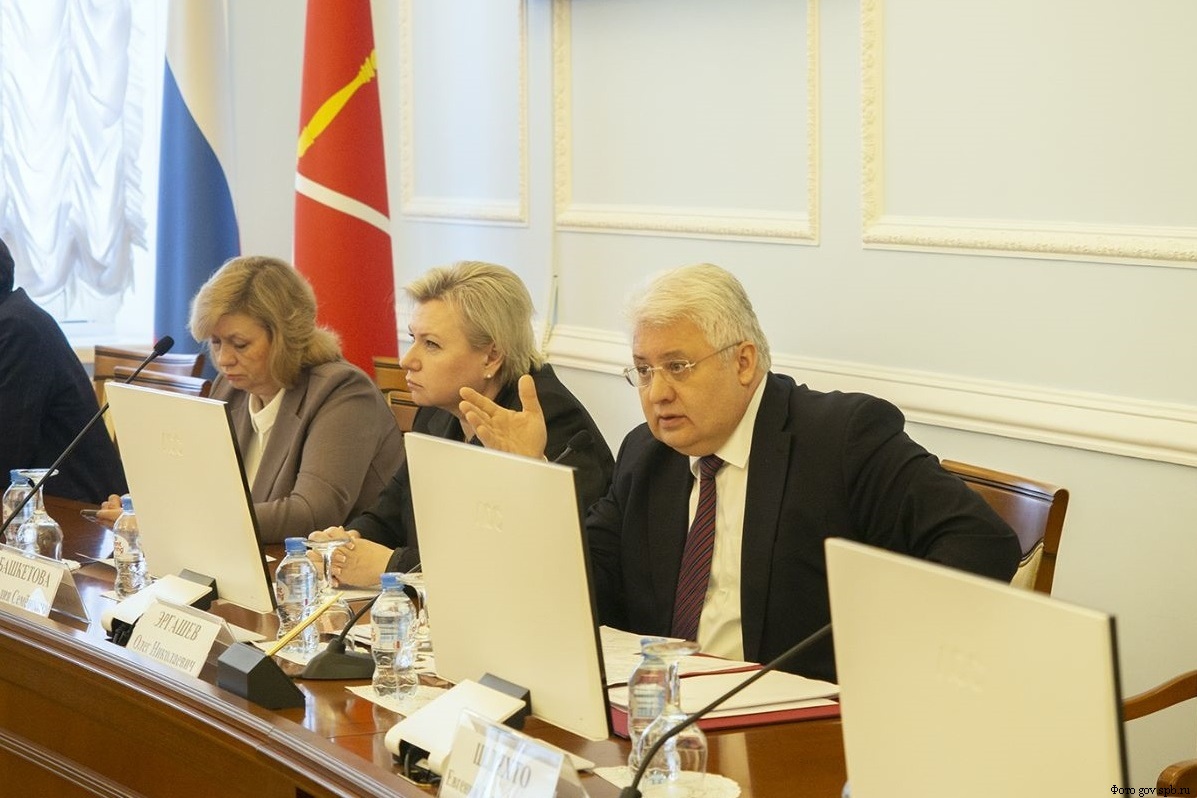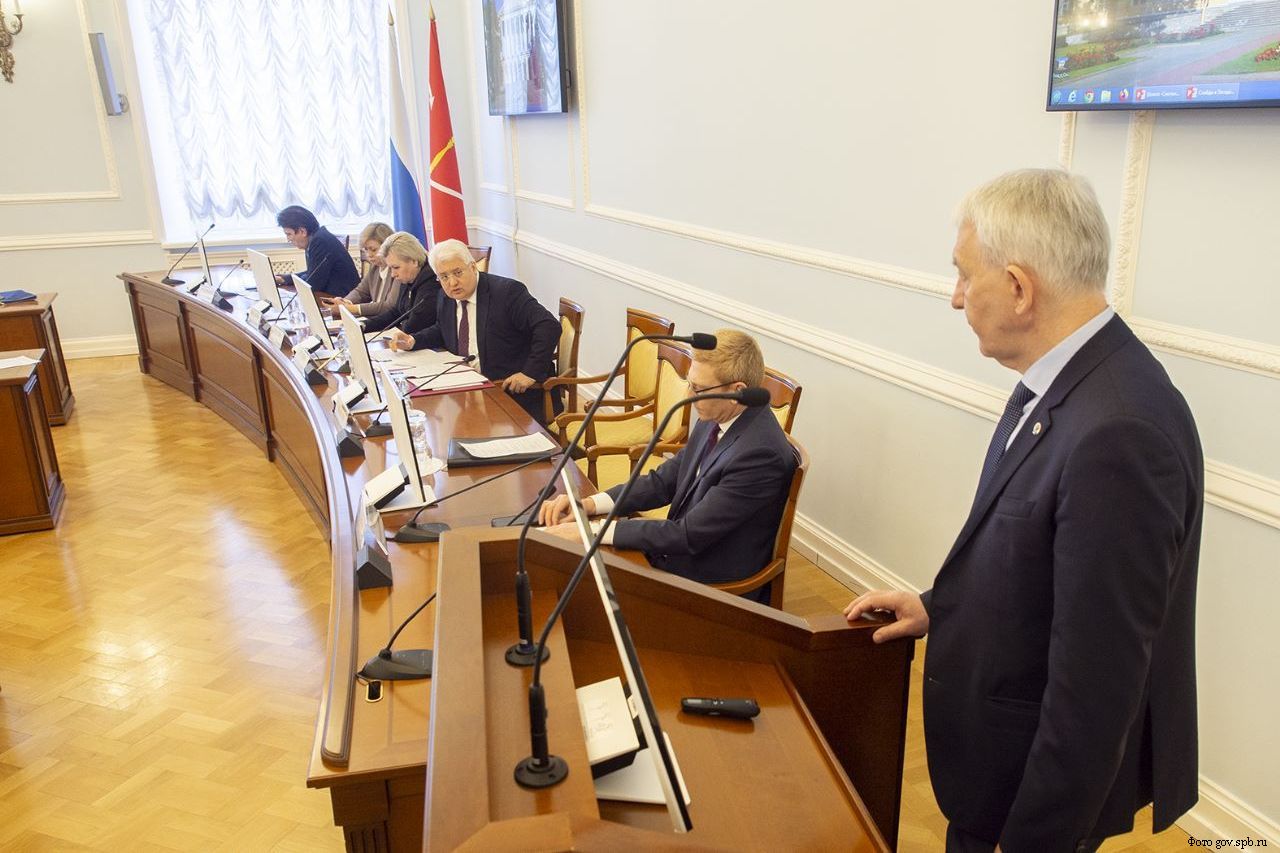
On March 10, a session of the Coordinating Council on the Implementation of the World Health Organization Healthy Cities Project took place in Saint Petersburg. It was chaired by Oleg Ergashev, Vice Governor of Saint Petersburg, and attended by Natalia Bashketova, head of the Federal Service for Supervision of Consumer Rights Protection and Human Welfare in St. Petersburg; Evgeny Shlyakhto, Director General of Almazov National Medical Research Centre; Dmitry Lioznov, Director of Smorodintsev Research Institute of Influenza; Tatyana Shestakova, Executive Director of the Russian Association of Healthy Cities, Districts and Towns, member of the Public Council under the Russian Ministry of Health, as well as other representatives of relevant regional and federal executive authorities and medical organizations.
WHO Healthy Cities is a global movement working to put health high on the social, economic and political agenda of city governments. It was launched in Europe by the WHO Regional Office for Europe. For 30 years, the WHO European Healthy Cities Network has brought together about 1800 cities from 55 countries: Austria (Vienna), Denmark (Copenhagen), France (Rennes), Germany (Dresden, Frankfurt), Greece (Athens), Ireland (Dublin), Italy (Milan), etc. The decision to join the WHO European Healthy Cities Network was taken by the Government of St. Petersburg in March 2013.

At the meeting of the Coordinating Council on the WHO Healthy Cities project, Director General of Almazov Centre gave a presentation entitled “Strategies for the prevention of non-communicable diseases: challenges and opportunities.” In his speech, the Academician of the Russian Academy of Sciences outlined the global goals for the control of chronic non-communicable diseases (NCDs) by 2025, including a 25% reduction in premature mortality from chronic NCDs; a 20% reduction in alcohol abuse; a 15%reduction in the prevalence of insufficient physical activity; a 30% reduction in the prevalence of tobacco use; a 25% reduction in the prevalence of arterial hypertension; halting the growth of obesity and diabetes; provision of appropriate drug therapy and counseling for at least 50% of eligible people; an 80% availability of the affordable basic technologies and essential medicines.
The experts also discussed the issues of the strategy for the prevention of non-communicable diseases, sanitary and epidemiological safety of atmospheric air in St. Petersburg and biological threats in a modern metropolis.
